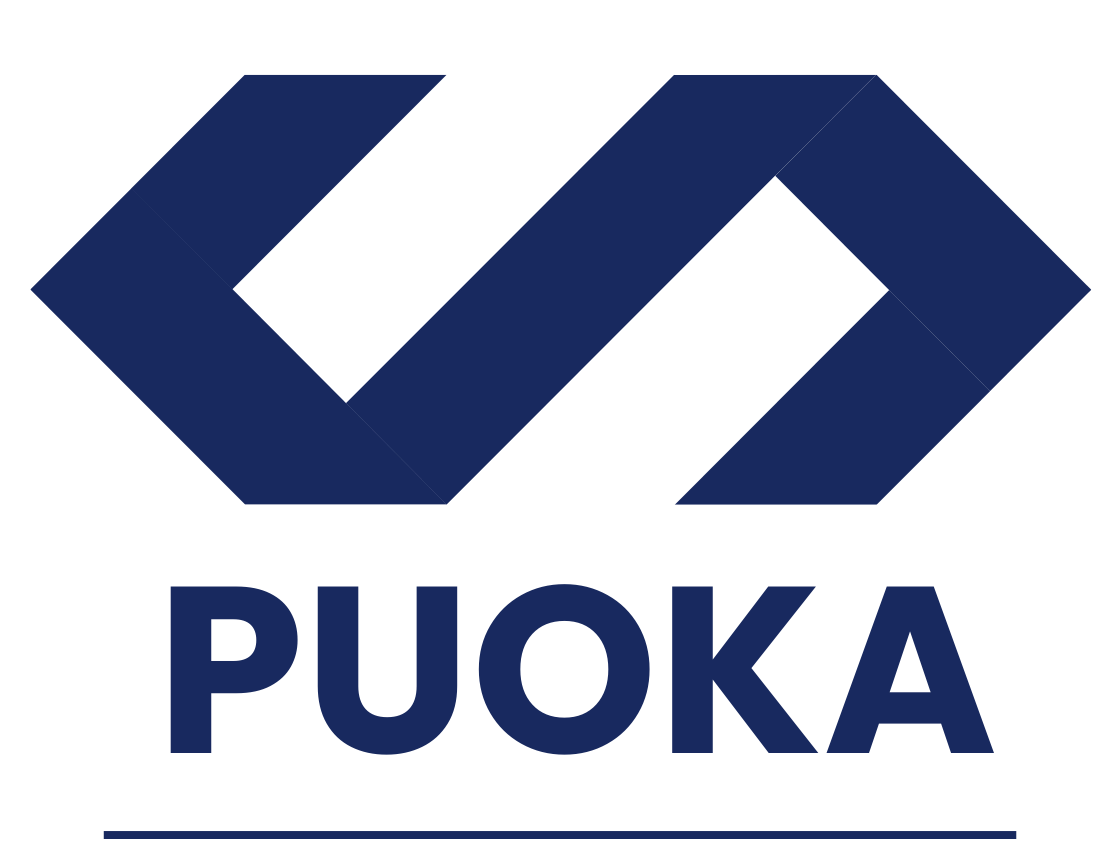Vitalik Buterin, co-founder of Ethereum, has emphasized the need to unify the Ethereum ecosystem into one cohesive network rather than a fragmented collection of 34 separate blockchains. In a recent blog post dated October 17th, Buterin outlined Ethereum’s future development plans, focusing on enhancing scalability at both Layer 1 (L1) and Layer 2 (L2).
The upcoming phase, known as “The Surge,” aims to reach a monumental milestone—processing 100,000 transactions per second (TPS) across both L1 and L2, all while maintaining Ethereum’s decentralized core.
Buterin highlighted the importance of certain L2 solutions fully embodying Ethereum’s principles of trustlessness, openness, and resistance to censorship, while also promoting maximal cross-chain interoperability. “Ethereum should feel like one ecosystem, not 34 different blockchains,” he said, underscoring the need for integration.
Become the smartest crypto enthusiast in the room
Get the top 50 crypto definitions you need to know in the industry for free

To streamline L2 operations, Buterin proposed reintegrating trust assumptions such as centralized bridges and RPC clients, along with standardizing chain-specific payment requests, cross-chain swaps, and gas payments. He also suggested that scaling L2 solutions could be achieved through data compression, generalized plasma, and improving proof systems.
Ethereum’s L2 ecosystem has experienced significant growth, with the Total Value Locked (TVL) increasing by 227% to $37.5 billion. However, Buterin warned that if L1’s transaction processing capabilities remain limited while L2 scales rapidly, it could pose risks to Ethereum’s economic stability and network security.
To mitigate this, Buterin proposed several strategies to scale L1, including increasing the gas limit, introducing new features like the EOF bytecode to reduce gas costs, and implementing multidimensional gas pricing. He also suggested running multiple instances of the Ethereum Virtual Machine (EVM) in parallel to create “native rollups.”
Buterin concluded by stating, “Bringing more users onto L1 means improving not just scale but also addressing key issues like MEV (Miner Extractable Value) to ensure that Ethereum’s growth benefits both L1 and L2.”
Disclaimer: Please note that the contents of this article are not financial or investing advice. The information provided in this article is the author’s opinion only and should not be considered as offering trading or investing recommendations. We do not make any warranties about the completeness, reliability and accuracy of this information. The cryptocurrency market suffers from high volatility and occasional arbitrary movements. Any investor, trader, or regular crypto users should research multiple viewpoints and be familiar with all local regulations before committing to an investment.







